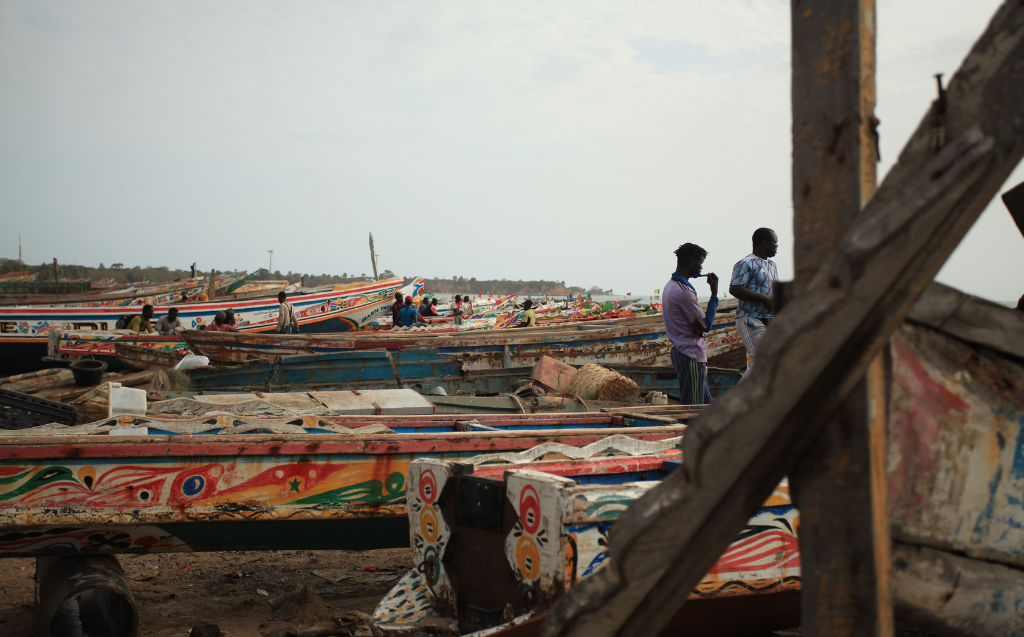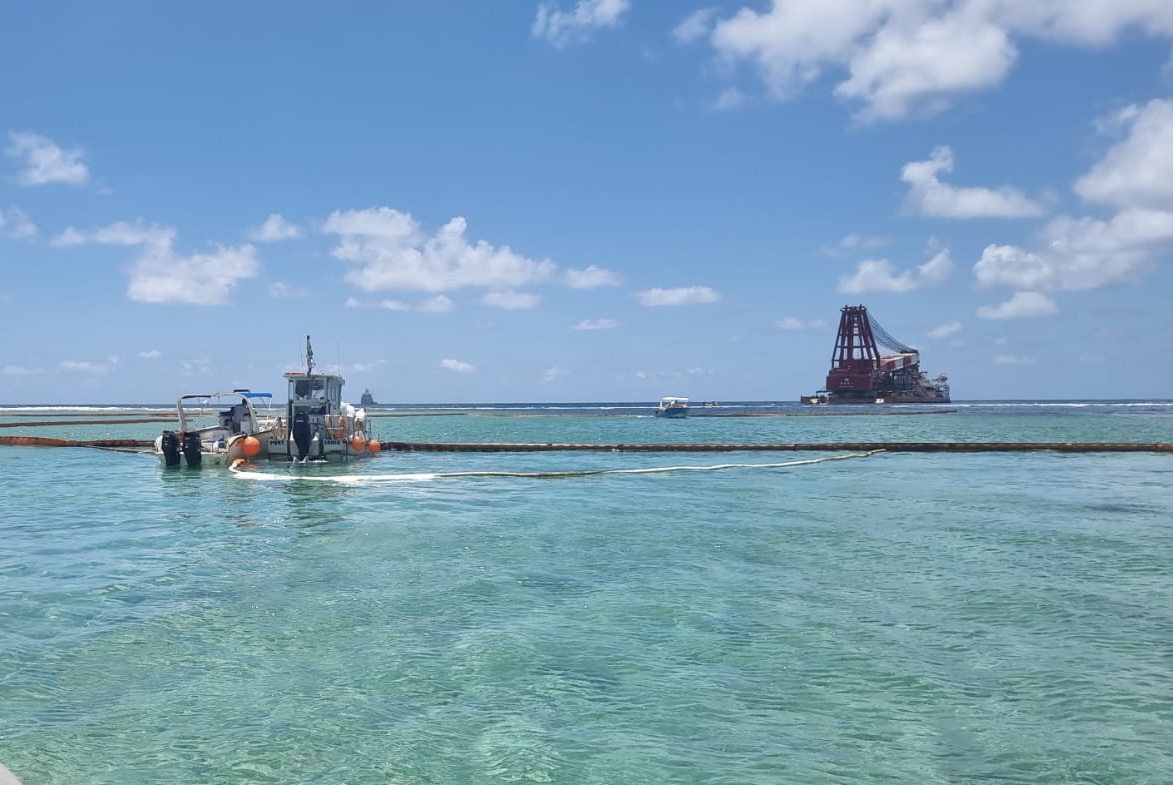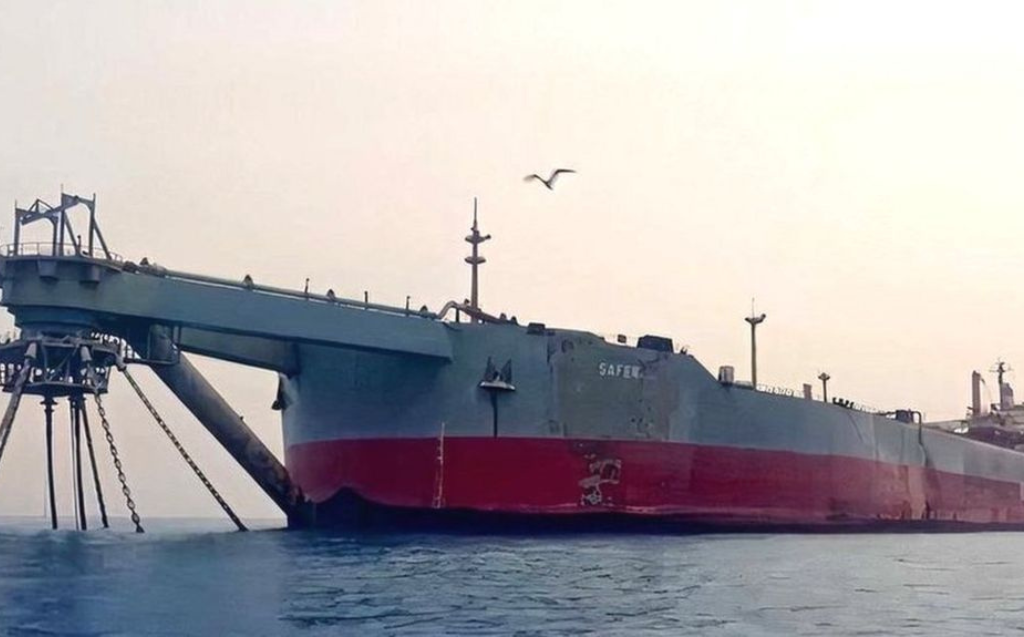Projects
Take a look at a selection of Marittima’s work. Our full list of projects is below.

GI WACAF - The Gambia
The Global Initiative for West and Central Africa (GI WACAF) is a collaboration between the International Maritime Organization (IMO) and IPIECA to enhance the capacity of partner countries to prepare for and respond to marine oil spills.

X-PRESS PEARL
Waste management adviser to Resolve Marine Group, salvors appointed to recover debris associated with the incident…

FSO SAFER
Development of pollution contingency and response plan on behalf of SMIT under logistically constrained circumstances…
Full project list
| Azerbaijan | Pollution and environmental advisor for salvors on an emergency response to an offshore supply vessel which caught fire in August. |
| UK | Development of sustainability reporting framework for an IG P&I Club based on existing, general frameworks to report on wreck removal projects and collect data to inform future operational decision-making when managing marine wrecks and their removal. |
| UK | Technical expert reviewing the causes, response and impacts of a spill from a land-based storage facility. A lack of clarity between chronic and accidental (acute) pollution from the site, as well as analysis on the complex influence of meteorological conditions on monitoring results to identify future steps to better manage response to such complex scenarios. |
| Liberia | A GI WACAF funded project to assist the maritime authorities of Liberia finalise and validate their first national pollution contingency plan. The support is provided through : GIS training workshop to all government stakeholders, field exercises to create operational and tactical response maps, and the provision of oil spill response training to all relevant government stakeholders. A final output of the project includes a practical road-map with step by step recommendations for the country to further build preparedness capacity and capability. |
| The Gambia | Contracted by IPIECA and UN IMO as part of the GI WACAF Project to provide technical assistance to The Gambia Maritime Administration in development and adoption of the country’s first national oil spill contingency plan. Approach was heavily tailored to meet local conditions and integrated as part of the country’s sustainable development long term strategy. Activities include extensive surveys in-country as well as multiple workshops, meetings and interviews with all stakeholders; presenting a national workshop for training on fundamentals of oil spill response in line with IMO model OPRC courses. Surveys and auditing of all industrial facilities, waste management centres fisheries, agriculture, mangroves and protected sites. Final draft of plan to be submitted for approval in December. |
| Indonesia | Development of sustainability-related indicators and measurement criteria for a wreck removal project. |
| Desk-based | Development and writing of pollution contingency and response plan for salvors in connection with salvage operations for FSO SAFER, Yemen. This involved advising on and obtaining quotes for equipment, highlighting gaps in Terms of Reference, and ensuring the salvors’ plan aligned with the national oil spill contingency plan developed by UNDP for Yemen. |
| Desk-based | Party-appointed expert for arbitration relating to a historical spill. |
| Desk-based | Environmental sustainability adviser to IMCA. Development of sustainability strategy, objectives and assistance with establishing an environmental sustainability committee. Included consultation process, setting of objectives and development of agenda for three working groups: biodiversity, circular economy and sustainable supply chains. This is an industry body representing the World’s offshore contractors and the process of developing an environmental sustainability strategy that is relevant to all Membership and reflects the unique opportunities these organisations have to influence SDGs 12 and 14 is critical. |
| Various | OPRC Training and bespoke environmental courses for NI certified training facility. Greece, Cyprus, UK. |
| Desk-based | Environmental, social and governance risk assessment of removal options for salvage project in India involving a submerged piece of a jack-up rig. |
| Sri Lanka | Waste management adviser for salvors on a debris retrieval project following a containership fire and wreck. Developing, implementation and oversight of waste management operations from debris retrieval operations associated with container debris around the wreck. Large focus on dissemination of accurate and realistic information, undertaking risk assessment of likely nature of waste to inform development of appropriate and proportionate waste management strategy. Challenges in determining likelihood of retrieval of DG given fire and subsequent submersion and building political consensus of actual risks. |
| Desk-based | Environmental and social risk and impact evaluation for wreck removal options for a sunken jack-up rig in Malaysia. Initial assessment to systematically quantify risks, impacts and opportunities for various removal options. |
| Scotland, UK | Environmental and pollution adviser to salvors on grounded vessel KAAMI. Complicated cargo of SRF pellets. (cargo with value, transported as waste under Basel Convention). Development of dynamic and bespoke counter pollution plans due to erratic behaviour of soaked pellets. Development and implementation of bespoke waste storage plan once offloaded due to self-heating properties. Consideration of final processing a key concern due to soaking in seawater and changes in calorific value. |
| Italy | Socio-economic damage assessment to several mussel farms following the refloating attempt of a grounded ferry in Sardinia. |
| Italy | CDRY BLUE –appointed by salvors to act as environmental adviser, government liaison and develop appropriate anti-pollution contingency measures during debunkering operations. |
| USA | SCAT Coordinator and temporary Environment Unit lead for GMS on GOLDEN RAY response. Coordinated field teams as well as provide input and writeup best management practices (BMPs), shoreline treatment recommendations (STRs), waste management plan and sampling plan. |
| Bahamas | SCAT team lead and environmental adviser for response to South Riding Point facility post-Dorian oil spill. Unique nature of contamination (widespread throughout Caribbean pine forest and elevation due to transportation of oil by hurricane), widespread contamination throughout eastern part of Grand Bahama. Developed and implemented a modified version of SCAT to suit local conditions and capture standardised data for accurate documentation of oiling conditions over time. Advised on proportionate and environmentally-led clean-up measures and development of waste management strategy. |
| Bahamas | Technical due diligence and feasibility assessment for port reception facility to process MARPOL Annex I and Annex IV waste within Port of Freeport. Undertaken on behalf of potential investors. |
